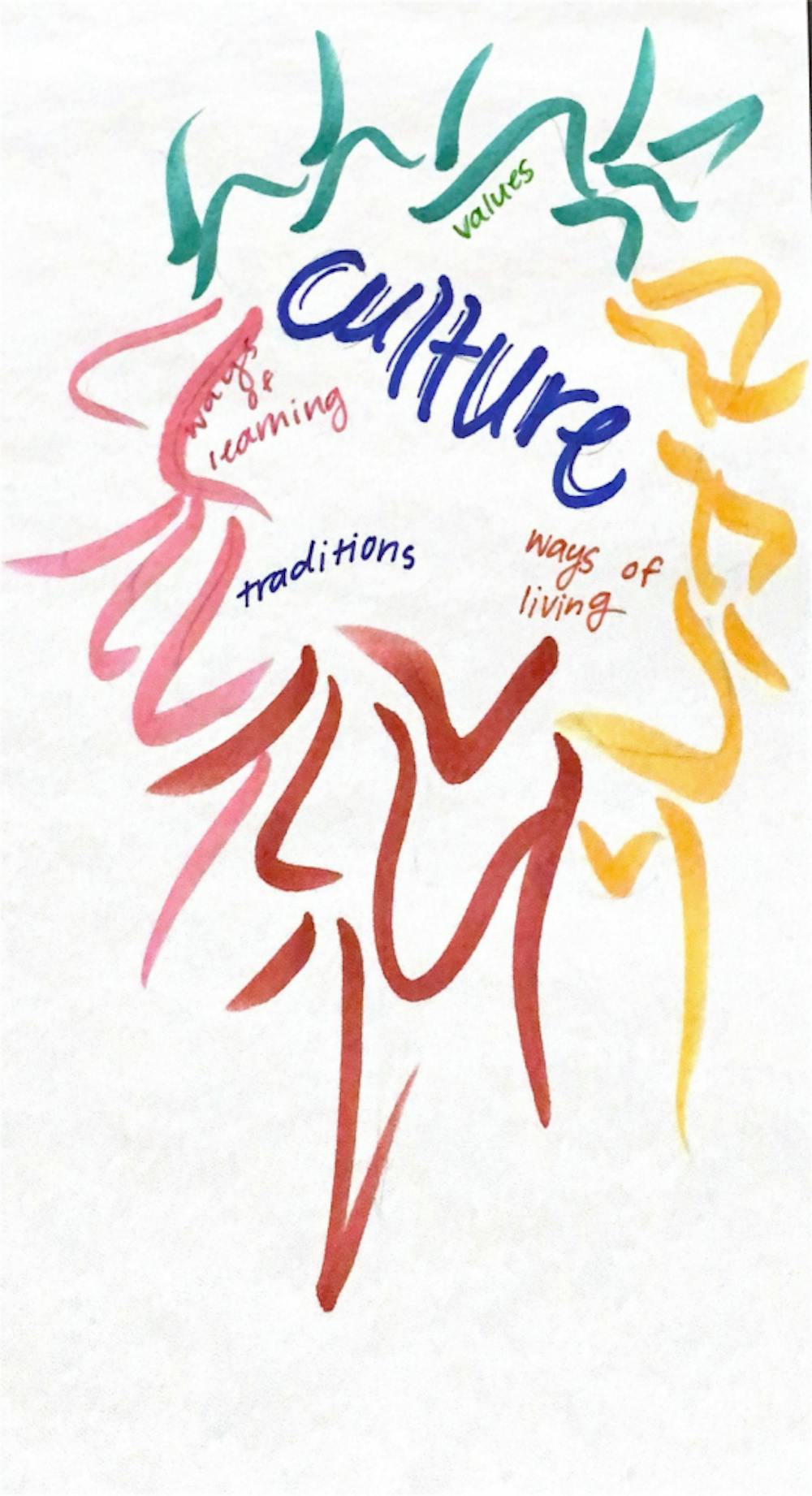In many ways, culture is invisible; unless you squint your eyes to bring it into focus, it fades into the background. And it remains elusive precisely because it touches every aspect of our day-to-day lives: From jokes at the dinner table to the stickers we plaster over our laptops to the angles and curves of architectural design, culture lurks in every corner of social life. It shapes how we interact with others, what we consider to be aesthetic and which values we consider important in our communities. Culture instills a sense of normalcy — it’s what makes our world feel familiar.
But more importantly, culture impacts people in tangible ways; structures of power are interwoven into cultural institutions and social organization — from gender roles to class hierarchies. And thus, culture plays a key role in determining who is listened to, what is legitimate and which groups receive outsized benefits and resources.
Because culture seems invisible, it doesn’t show up too often in the pages of our paper. Usually, we’re focused on the newsworthy, the immediate. But today, we’re stepping back and looking at the bigger picture, at what lies beneath, at the aspects of our lives that have always been there, unwritten.
While Nalgenes, skiing and general outdoorsy-ness might be the first things that spring to mind at the mention of “Middlebury culture,” they’re just the tip of the iceberg — the one that shapes everything from the spaces we occupy on campus to the institutional priorities that define our Middlebury experience.
Middlebury’s culture is also shaped by the institution’s legacy as a historically exclusive, predominantly white establishment. For many, the most visible aspects of Middlebury culture — such as those centered around the outdoors and athletics — are inaccessible and othering. And just as some community traditions can play an important role in facilitating connection and relatedness, others can be exclusionary and inequitable.
The pandemic has fundamentally altered life at Middlebury, and social life as we’ve known it has come to a grinding halt this year. But with that shock also comes an opportunity to reflect on culture at Middlebury: What are the traditions that represent the values of our community? What dynamics engender inequity and harm? And what are the new ways of living together that build respect and empathy?
While culture can seem like a nebulous and immutable force, it is important not to forget that we all play an active part in shaping it. Culture is not a fixed object; it’s a process involving constant tweaks and changes that amount to consequential transformations over time. And its malleability is more evident now than ever as we move toward a post-pandemic world. At this cultural crossroads, we have the opportunity to be intentional in evaluating which traditions, values and ways of living and learning that we want to take with us into a post-Covid Middlebury — and we at The Campus hope that this special issue can be a starting point.
Bochu Ding ’21 is the Editor in Chief of the Middlebury Campus.
Notes from the Desk: Why a culture issue?

Comments


